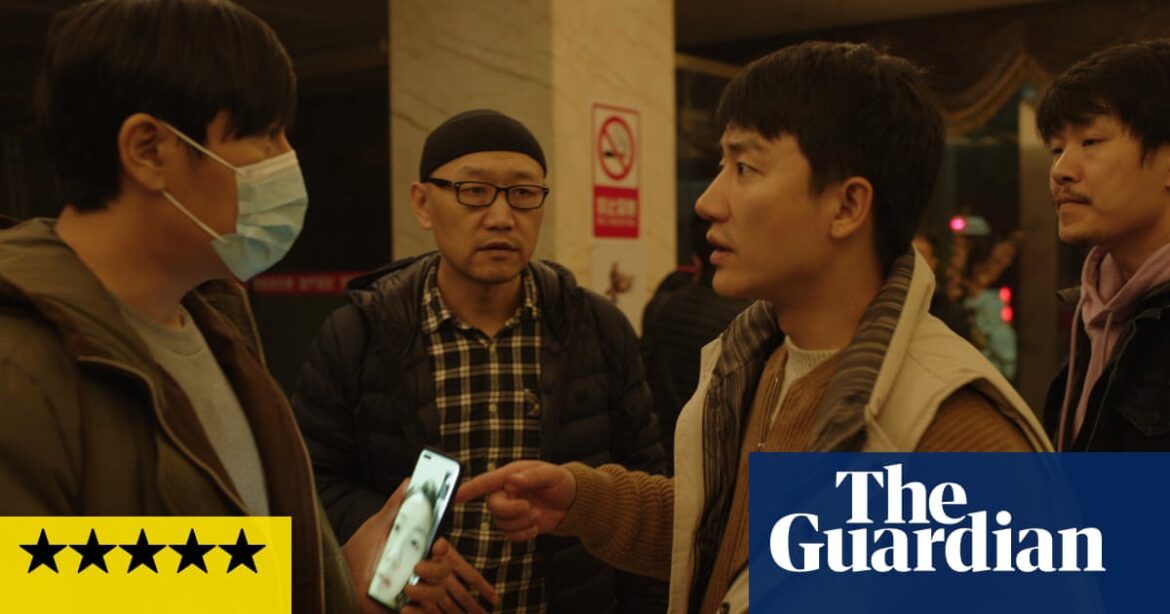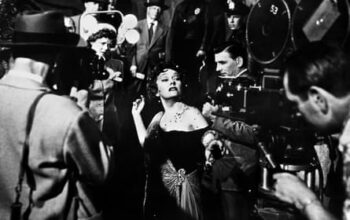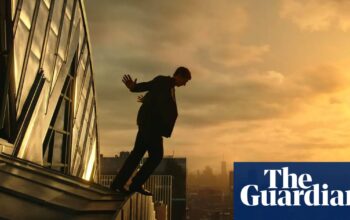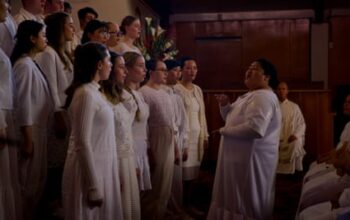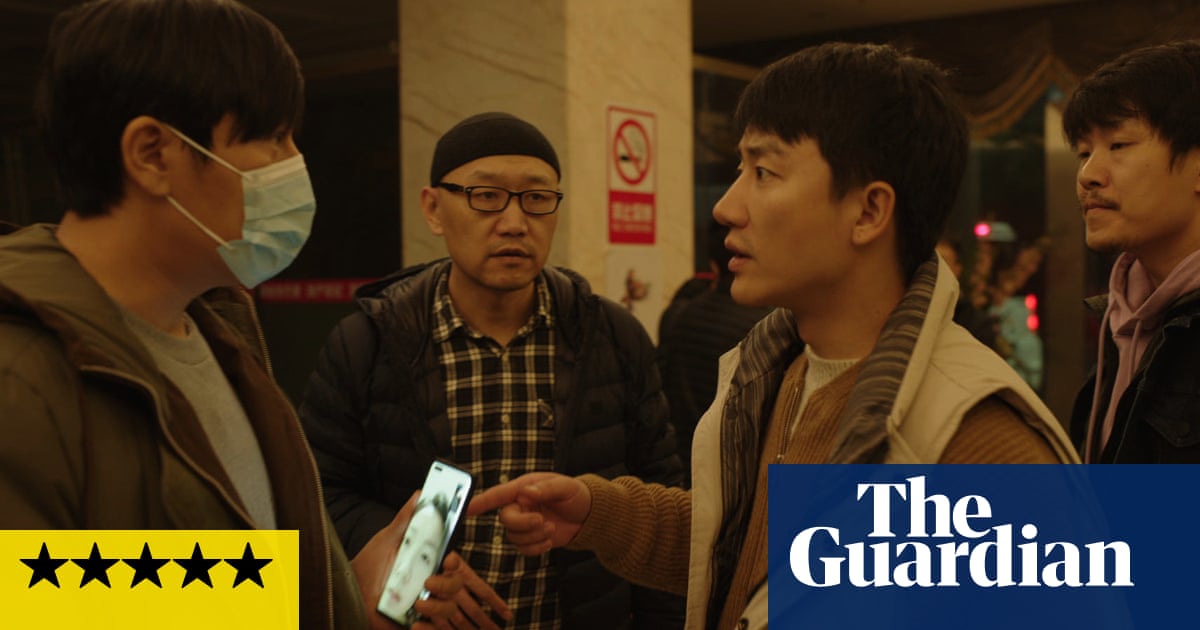
Out of agony and chaos, Chinese film-maker Lou Ye has created something mysterious, moving and even profound – a kind of multilayered docu-realist film, evidently inspired by a real-life situation in film production. As well as everything else, the film meditates on what it means to be “unfinished”. Very few of us will leave this life with a satisfied sense of everything achieved, complete, squared away. To be mortal is to feel that things have ended without being finished. It is possibly his best film since the courageous Tiananmen Square drama Summer Palace from 2006 – and set near Wuhan, the city in which his 2012 film Mystery was set in the days when that place was internationally known – if at all – simply for being almost scarily vast and impersonal.
It is 2019 and a film director and his crew gather in a production studio and excitedly unbox a big 00s-era computer, containing the digitised video and audio files for a film he had had to abandon 10 years before – without even having a title – because he had refused to bow to his producers’ demands to soften the content. It is a story of a gay man’s passion for another man who is involved with someone else. Getting the unfinished film now is clearly the end result of legal wrangling. (Lou has evidently had access to genuine footage from a real production.)
The director watches the material and is fascinated and a little stunned (the way all of us might on watching 10-year-old videos) by how young everyone looks. But he is galvanised by a new plan (something like Richard Linklater’s Boyhood, perhaps, though no one mentions that comparison). Why not round up the cast and create a second act, set a decade on, in which his hero is now a bit of a sellout, working as an estate agent? This leading actor, now married with a baby and in need of more steady and lucrative work than this, takes some persuading. But he does agree, and the team launch with great excitement into this ingenious new project in which the stigma of being unfinished is to be triumphantly washed away.
Then Covid-19 and the brutally imposed lockdown crushes their work, confining most of the crew to their hotel. Incredibly, their film is to be unfinished all over again. But now its unfinishedness achieves a tragic new dimension; their work and their lives are put on indefinite pause like the whole country (and the whole world) and almost certainly suffer permanent harm. They are living through the great Unfinish, the terrible disruption to our lives, whose steady onward progress had always been assumed.
At the beginning, An Unfinished Film looks like a wry, politically sophisticated comedy about Chinese media. As the pandemic begins to be more than just a panicky rumour, it looks more like a zombie apocalypse film. As the lockdown hits, and Lou uses more and more split screens and smartphone screen footage, The Unfinished Film looks like a tense, intimate drama. Then, as he uses more and more genuine (and terrifying) smartphone footage from Wuhan, it evolves into an impassioned documentary homage to a whole nation’s trauma. One of the most moving moments comes when the lead actor has to talk to his deeply scared wife over a video call, with their baby sleeping beside her, and the situation forces him to tell her he loves her in a way he never has before – partly because of unspoken fears of death and partly because their separation has created a formalised urgency to their communication.
The director comes to feel that to leave the film unfinished has a new kind of rigour and integrity – a solidarity with the truncation that they have all lived through. This is an utterly unique and very important movie about Covid, the crisis that affected all of us.
Source: theguardian.com
